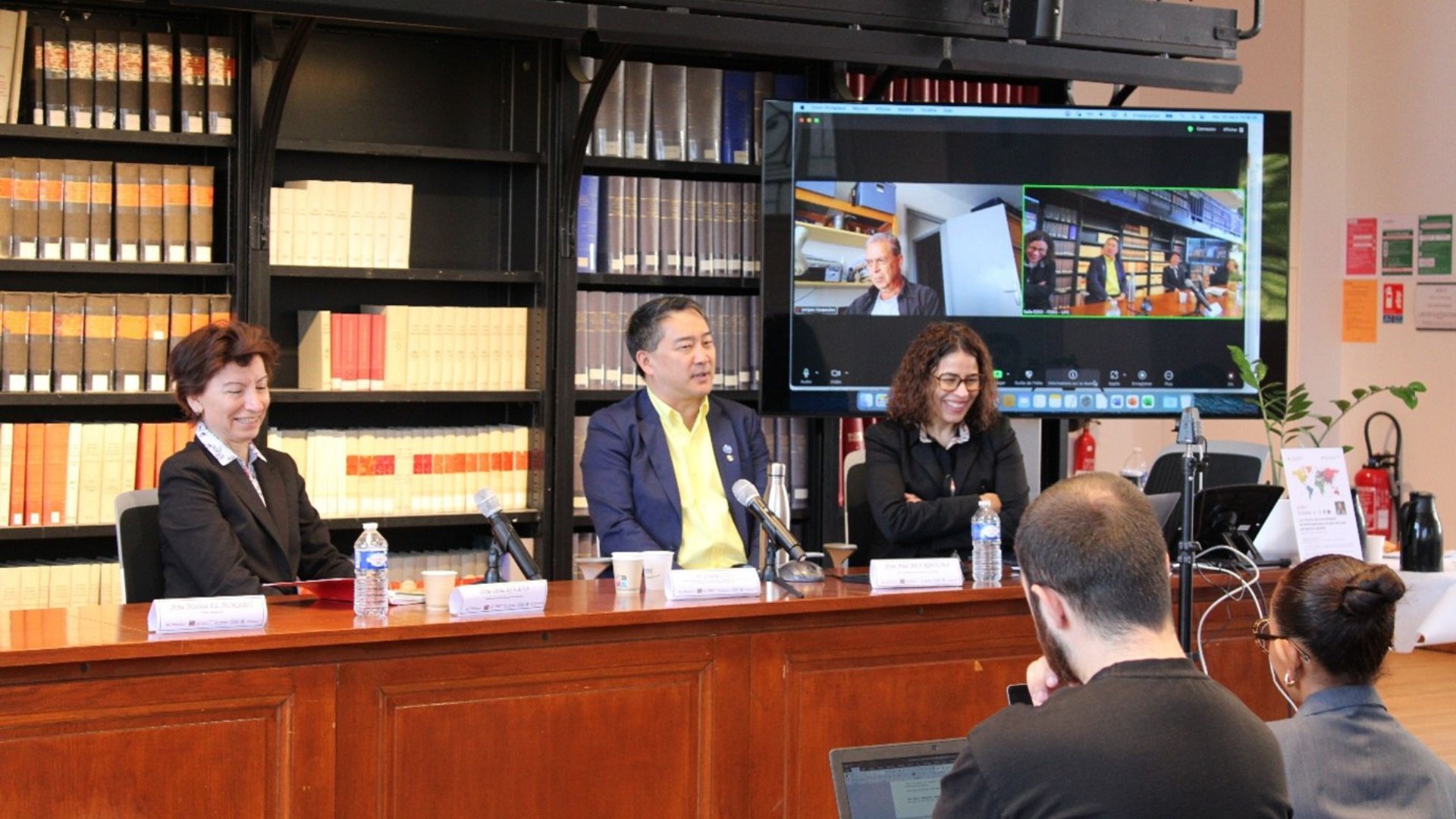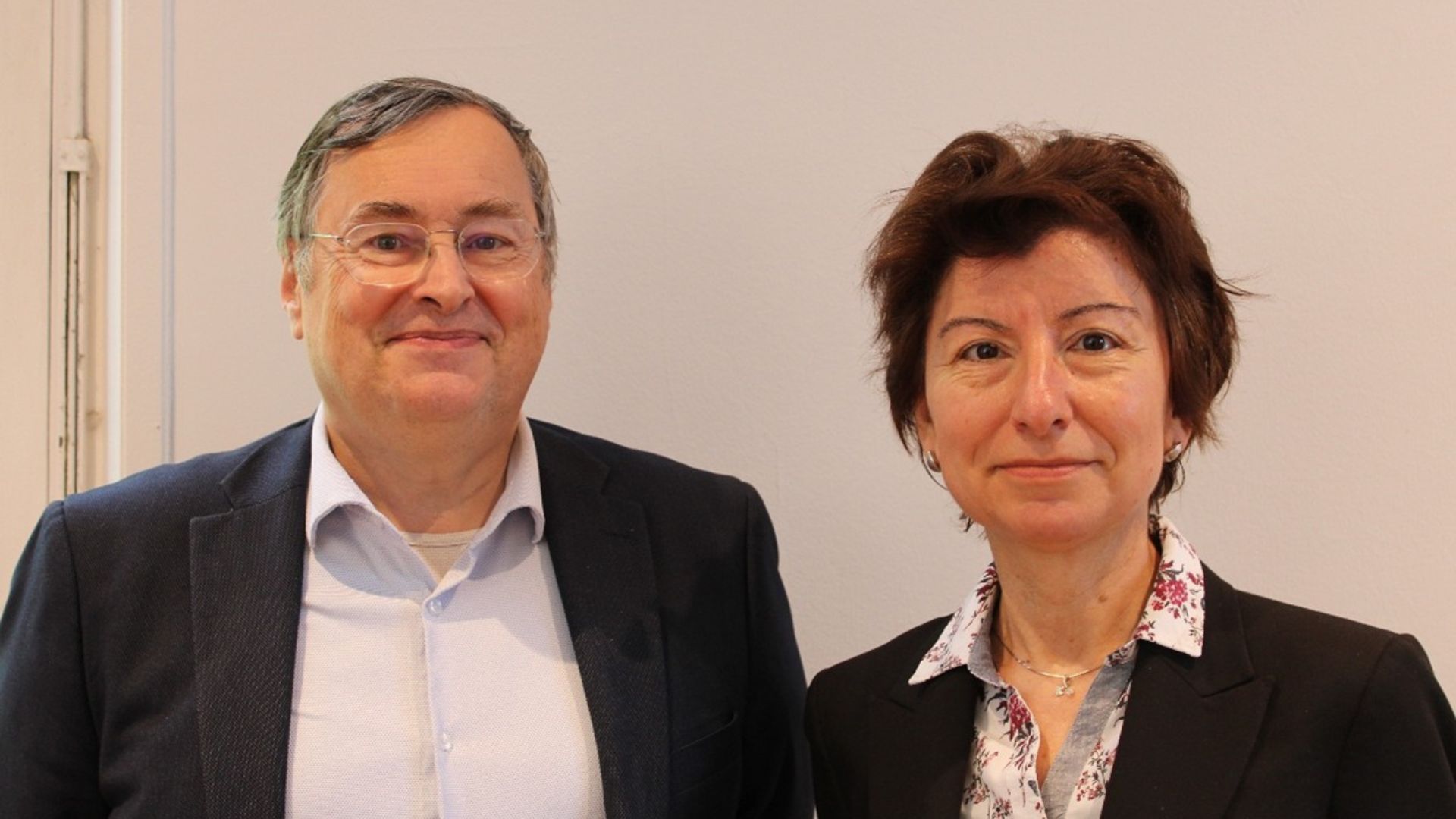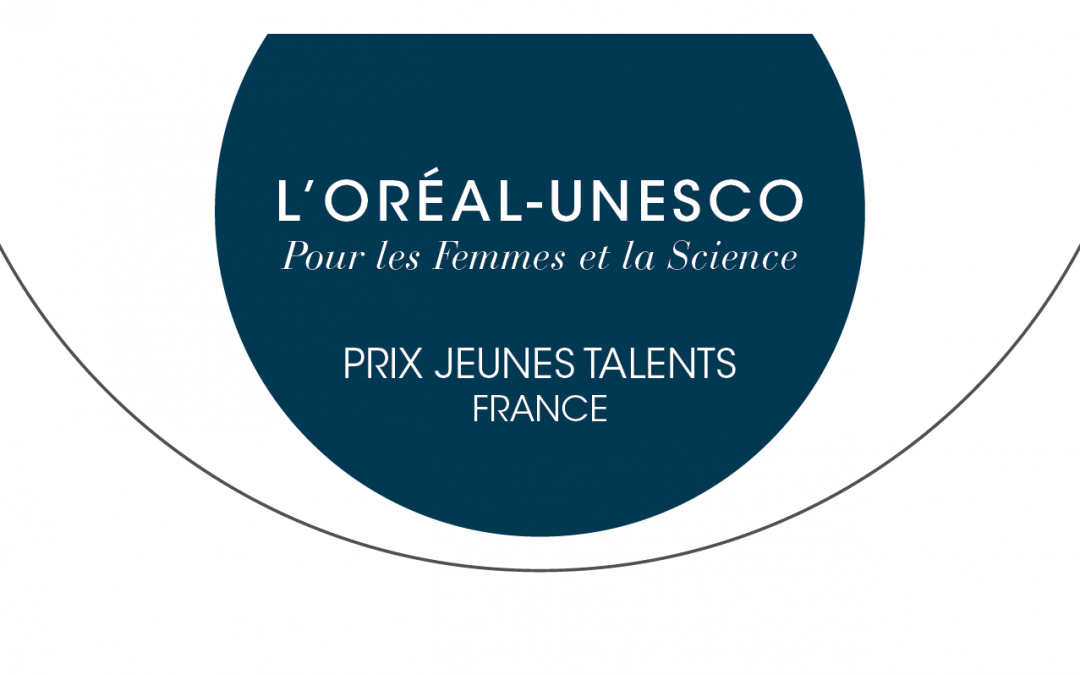As part of the international program “Enseignant-Chercheur Invité”, Charles H. Cho, PhD, CPA, Professor of Sustainability Accounting and holder of the Erivan K. Haub Chair in Business & Sustainability at the Schulich School of Business, York University, was invited by the Faculty of Law, Economics and Management to give a seminar on “Sustainability Standardization Networks from a Global Perspective.”

From left to right : Petia Koleva, Director of the Graduate School Sustainability, Organisations and Institutions; Charles Cho, Professor of Sustainability Accounting at the Schulich School of Business (York University,Toronto, Canada) et Amel Ben Rhouma, Director of the Graduate School Sustainability and Transitions.
This event was jointly organized by the Centre for Business Law and Management (CEDAG URP 1516) and the Laboratory on Social Dynamics and Spatial Recomposition (LADYSS), with the support of the IDEX Université Paris Cité, the Global Research Institute of Paris, the Graduate School Sustainability, Organizations and Institutions, as well as the French Investments for the Future Programs (PIA).
This initiative enabled the students of the Graduate School Sustainability, Organizations and Institutions to engage in discussions with Mr. Cho. Also broadcast via videoconference, the seminar was followed by students and researchers from the University of Manouba in Tunisia, a partner of the Graduate School.
Focus on sustainability standardization
Mr. Cho shared his expertise on contemporary issues related to sustainability, with particular attention to sustainability standards. These standards are designed to guide organizations in managing their environmental, social, and economic impacts.
We asked Charles Cho a few questions to gain a better understanding:
What are the main ideas to learn from this seminar?
1. Distinguishing between two notions of sustainability :“It is essential to distinguish between two notions that are often confused: sustainability for the planet, and the sustainability of a company. When we talk about a company’s sustainability, we are focusing on its economic viability. Environmental sustainability follows a different logic: the more impact a company has on the environment, the less sustainable it is from an environmental perspective.”
2. The contradictions in sustainability reporting standards:“Sustainability reporting standards are shaped by biases, political views, and very different perspectives. For example, the ISSB (International Sustainability Standards Board) standard adopts a very financial perspective, while the GRI (Global Reporting Initiative) standard prioritizes an approach based on environmental and social impact. These standards are therefore based on different approaches and often contradict each other. The European Union had attempted to reconcile these two normative approaches, but has since taken a step back in terms of regulatory implementation.”
What advice would you give to students in sustainability-related programs?
“I would first advise them to take a step back when it comes to sustainability issues. We hear a lot of things on the subject in the media, relevant or not. It is therefore important to investigate and, above all, to think deeply about what these issues imply, including for them as students directly concerned by these topics. In my view, the most important thing is to stay informed and educate oneself about the notion of sustainable development and the social and environmental challenges it entails.”
An initiative supported by Université Paris Cité
Gautier Bourdeaux, Vice President for Lifelong Learning and Continuing Education at Université Paris Cité, also attented this seminar :
“The university has adopted ‘planetary health’ as its slogan, which is expressed in all its dimensions. Our university stands out for its approach that is both interdisciplinary and multidisciplinary. This is why it is important to address issues of social and environmental responsibility through an interdisciplinary lens, as Petia Koleva and Amel Ben Rhouma do, who are in charge of the Graduate Schools Sustainability, Organizations and Institutions and Sustainability and Transitions. I personally attach great importance to this approach, as do my colleagues, particularly those responsible for these matters within the university. I strongly encourage all research initiatives going in this direction, as they are fully aligned with the university’s policy.”

From left to right :Gautier Bourdeaux, Vice President for Lifelong Learning and Continuing Education at Université Paris Cité and Petia Koleva, Director of the Graduate School Sustainability, Organisations and Institutions.
Testimonials of the students of the Graduate School Sustainability, Organisations and Institutions
“It was very interesting to see the differences between the standards. I appreciated Mr. Cho’s critical presentation and I had the opportunity to ask a question. This seminar resonates with an internship I am currently doing as an Environmental, Social and Governance (ESG) analyst. I work with CAC40 companies that have started publishing full sustainability reports under the CSRD (Corporate Sustainability Reporting Directive) standards.”“
Slim FRINI“It was very interesting to learn more about the different perspectives on sustainability standardization. I appreciated that the speaker shared his opinion on these standards.”
Laura VasquezÀ lire aussi

Prix Jeunes Talents France L’Oréal-UNESCO Pour les Femmes et la Science : Appel à candidatures 2026
La Fondation L'Oréal, en partenariat avec la Commission nationale française pour l'UNESCO et l'Académie des sciences, déclare officiellement ouvert l'appel à candidatures de l'édition 2026 du Prix Jeunes Talents France L'Oréal-UNESCO Pour les Femmes et la Science :...
read more
International Day of Women and Girls in Science: celebrating the women who push research forward
February 11 was the International Day of Women and Girls in Science. On this day, Université Paris Cité reaffirms its commitment to the equality between men and women and celebrates the journey of the women who advance research. Between celebrating our heritage and...
read more
Suivi des maladies chroniques : un patient sur deux serait ouvert à la téléconsultation
L’étude REACTIVE, coordonnée par la Dre Tiphaine Lenfant et le Pr Viet-Thi Tran et menée par des équipes de médecine interne de l’hôpital européen Georges-Pompidou AP-HP, du centre d’épidémiologie clinique de l’hôpital Hôtel-Dieu AP-HP, de l’Université Paris Cité, de...
read more
Journée internationale des femmes et des filles de science : célébrer celles qui font avancer la recherche
Le 11 février marque la Journée internationale des femmes et des filles de science. À cette occasion, l’Université Paris Cité réaffirme son engagement en faveur de l’égalité femmes-hommes et célèbre le parcours de celles qui font avancer la recherche. Entre un...
read more